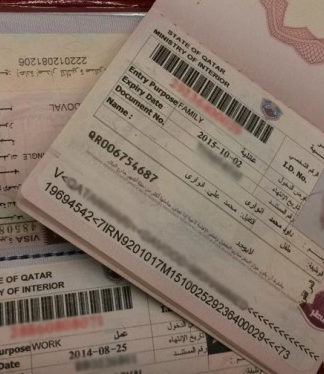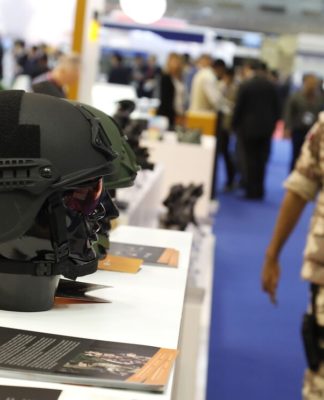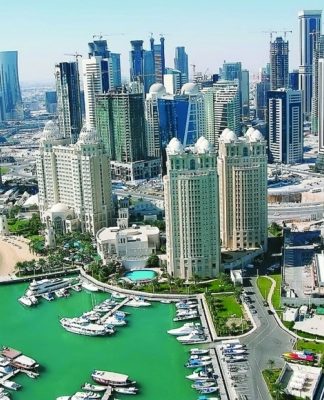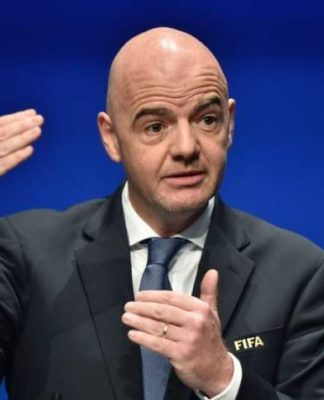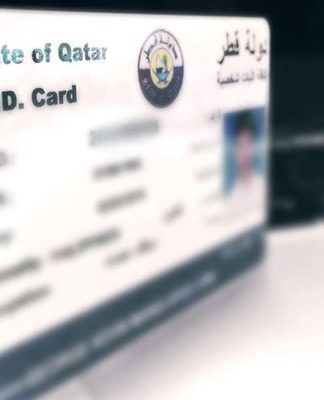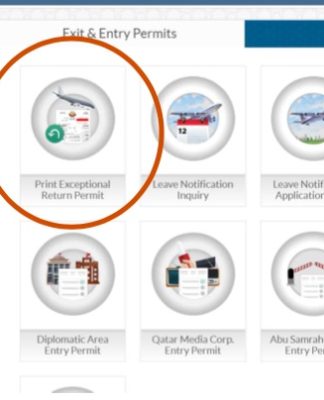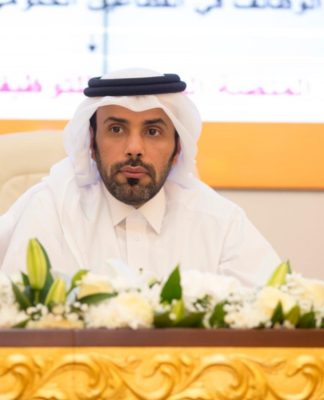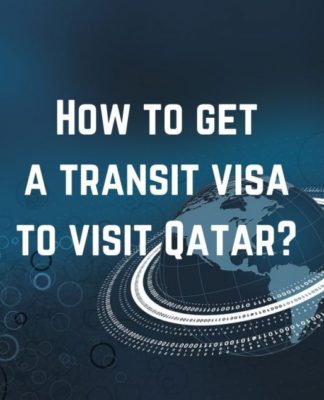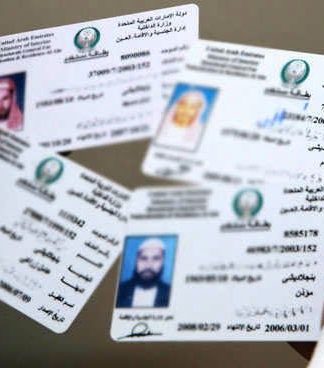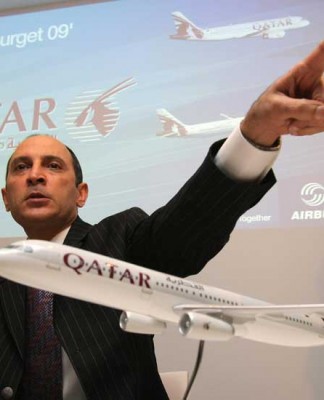Could Europe stand to gain from the expansion of BRICS?
Sheikh Mohamed bin Zayed Al Nahyan, President of the UAE, and German Chancellor Olaf Scholz talk prior to a meeting at Al Shati Palace in Abu Dhabi, September 2022
By Oliver Rolofs, Strategic security and communication expert, Director, AISSIC
Published on 11/09/2023 – 13:39
Share this article
Comments
The opinions expressed in this article are those of the author and do not represent in any way the editorial position of Euronews.
Our continent does not have a choice but to seize this opportunity to unlock the potential behind the bloc’s enlargement, if it wants to continue playing a leading role in shaping the new global governance, Oliver Rolofs writes.
The recent enlargement of the BRICS alliance has sent shockwaves through global politics.
With Argentina, Ethiopia, Egypt, Iran, Saudi Arabia, and the United Arab Emirates joining the ranks, questions arise about the implications for Europe and the West.
Is this a threat to Western leadership, or an opportunity for stability on the world stage?
At the heart of this transformation lies the inclusion of the Arabian Gulf’s heavyweights, Saudi Arabia and the UAE, both longstanding Western allies.
Yet, Europe must look beyond surface interpretations to recognise the latent potential of this development.
The Gulf region’s global influence should not be underestimated
Ask any Gulf analyst, and they will tell you: this isn’t just a diplomatic move, it’s a strategic commitment by the two Gulf countries to safeguard their interests and ensure long-term stability, energy security, and prosperity. Europe should take note of the broader implications.
Firstly, the region has emerged as a global hub for high-profile events and conferences, from the upcoming UN Climate Change Conference COP28 in Dubai to peace negotiations in Doha during the Afghan crisis.
Their addition diversifies BRICS, promoting a more balanced world order and diluting what some might perceive as the anti-Western sentiment of BRICS, which is driven largely by Putin’s Russia and Xi’s China.
John MacDougall/Pool Photo via AP
COP28 UAE President-Designate, Sultan Ahmed al-Jaber, attends a joint press conference on the second day of the Petersberg Climate Dialogue in Berlin, May 2023John MacDougall/Pool Photo via AP
It serves as a crucial crossroads for nations to collaborate and build alliances, with the UAE acting as a global convener between diverse regions.
BRICS invites Argentina, Saudi Arabia, Egypt, Ethiopia, the Emirates and Iran to join the bloc
How the BRICS expansion could shake up the world economy
Secondly, the inclusion of Saudi Arabia and the UAE in BRICS offers numerous advantages, given the substantial political influence in the global economy that these giants wield.
Their addition diversifies BRICS, promoting a more balanced world order and diluting what some might perceive as the anti-Western sentiment of BRICS, which is driven largely by Putin’s Russia and Xi’s China.
Gulf countries’ BRICS presence pivotal for the EU
The UAE and Saudi Arabia, acting as conduits between Asia, Africa, and the BRICS nations, offer Europe numerous opportunities.
Engaging with these Gulf countries can influence the direction BRICS will take in the future, diversifying global alliances beyond traditional Western partners.
This dynamic relationship could play a pivotal role within the EU, shaping Europe-Gulf relations, in part, within the BRICS framework while safeguarding European interests and values.
In that regard, Europe, especially Germany, stands to gain from this partnership, enhancing energy security given the Gulf’s significance in the global energy market.
Germany’s dedication to sustainability aligns with the UAE’s clean technology and renewable energy expertise, promoting global climate protection.
Kamran Jebreili/AP
A man passes in front of the Dubai Frame in Dubai, United Arab Emirates, June 2023Kamran Jebreili/AP
Take the UAE, for instance, known for its economic diversification efforts. While once heavily reliant on oil, it has diversified into tourism, technology, and renewable energy.
Hosting the International Renewable Energy Agency (IRENA) underscores its commitment to green technologies.
Will protest be allowed at COP28? UAE says yes but campaigners are sceptical
Poverty, climate, regional stability on agenda as Saudi crown prince visits France
Similarly, the Gulf region’s vast deserts are ideal for solar projects like Desertec, and its strategic access to waterways facilitates wind energy and sustainable urbanisation, such as Masdar City.
Germany’s dedication to sustainability aligns with the UAE’s clean technology and renewable energy expertise, promoting global climate protection.
Striking a balance between European interests and fostering stability
For Germany and Europe, this development presents both opportunities and challenges.
Germany, as a European economic powerhouse, could tap into new markets in the emerging BRICS and Middle East countries, bolstering economic growth, employment, and global influence.
Strong economic ties already exist between Germany and the UAE in sectors like mechanical engineering, automotive, renewable energy, and chemicals.
The challenge lies in striking a balance that promotes European interests while fostering stability and cooperation amidst this evolving geopolitical landscape.
AP Photo/Kamran Jebreili
Beam Down Pilot renewable energy project in Masdar City, UAE, January 2011AP Photo/Kamran Jebreili
The UAE’s BRICS membership opens doors for German companies in these pivotal markets.
Climate activists alarmed after UAE appoints oil CEO as president of COP28
Heads of UAE and Russia meet in St Petersburg days after OPEC+ cuts oil production
However, the challenge lies in striking a balance that promotes European interests while fostering stability and cooperation amidst this evolving geopolitical landscape.
Europe must navigate this delicate path through renewed diplomatic engagement in order to create a mutually beneficial relationship.
If it plays its cards right, Europe could end up strengthening its hand
Overall, geopolitical stability is paramount for the Gulf countries’ development, which aligns with the interests of Europe and the West, more generally.
Therefore, Europe’s engagement with the Gulf is vital in shaping the future of global politics through constructive cooperation with the UAE and Saudi Arabia and, by extension, BRICS.
Putin was meant to be at a summit in South Africa this week. Why was he asked to stay away?
What’s BRICS for and does it still make sense? Euronews answers
As a consequence, Europe can strengthen its geopolitical position and reduce dependence on a select few allies by finding a balance that serves its interests while promoting stability and cooperation.
Against the backdrop of such a shifting world order, our continent does not have a choice but to seize this opportunity to unlock the potential behind the bloc’s enlargement, if it wants to continue playing a leading role in shaping the new global governance.
Oliver Rolofs is a strategic security and communication expert and the Director of the Vienna-based Austrian Institute for Strategic Studies and International Cooperation (AISSIC). Previously the Head of Communications at the Munich Security Conference, he also runs the Munich-based strategy consultancy, CommVisory.
At Euronews, we believe all views matter. Contact us at view@euronews.com to send pitches or submissions and be part of the conversation.

















